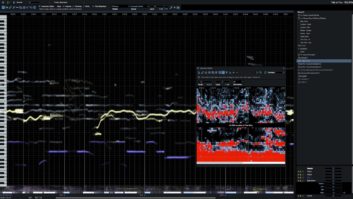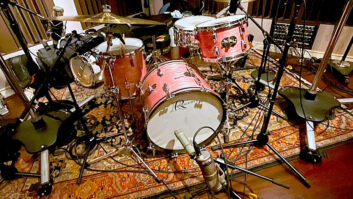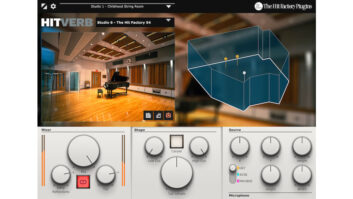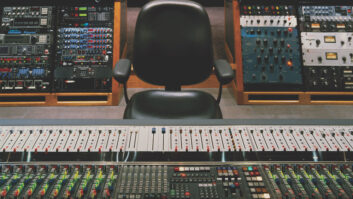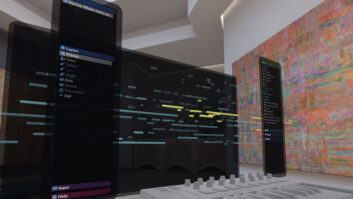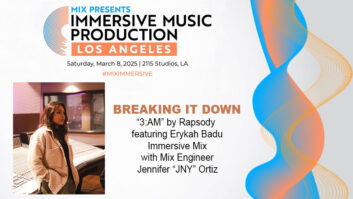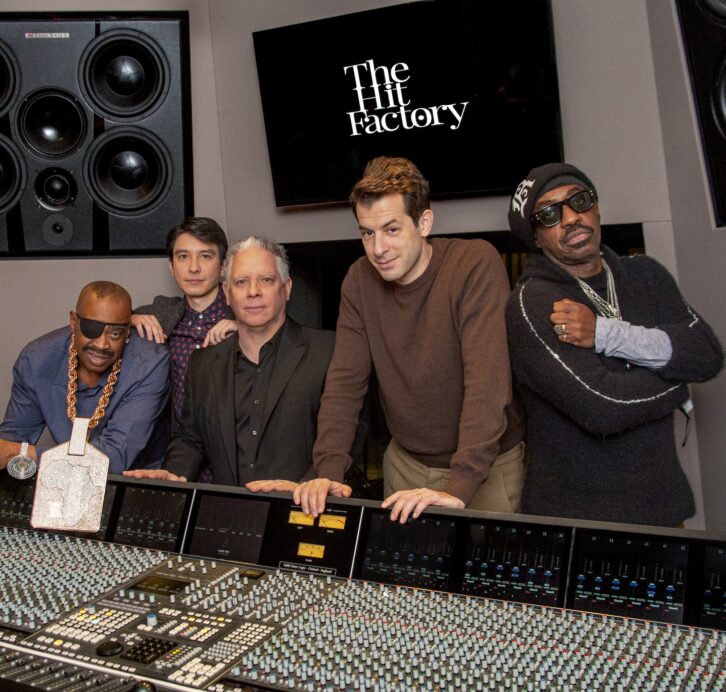
Soon after you read this, a new website for the Hit Factory will go live, replacing germanostudios.com. Emails to [email protected] will begin being forwarded to [email protected]. And all the new signage, reviving a familiar, decades-old logo, will have been hung, announcing that Germano Studios, located at 676 Broadway in Manhattan’s NoHo District, is now The Hit Factory.
Why change the name? A good question. From the outside—say, to a business school professor, management consultant or consumer goods executive—it would seem to make no sense. Going against the commercial and technological trends of the industry in 2008, when the cost of entry had lowered tenfold and the majority of top-flight studios popping up were for personal use, Troy Germano designed and built—not bought—a brand-new, two-room commercial facility, outfitted it with large-format SSL consoles, an extensive outboard rack and large speakers, combined that with the latest version of Pro Tools and plug-ins, and then filled up the acoustically true tracking spaces with a wide range of instruments, amps, cables, microphones, cue stations and everything a top artist might need—most of it new and state of the art. And he has made it work, for 15 years in the same location!
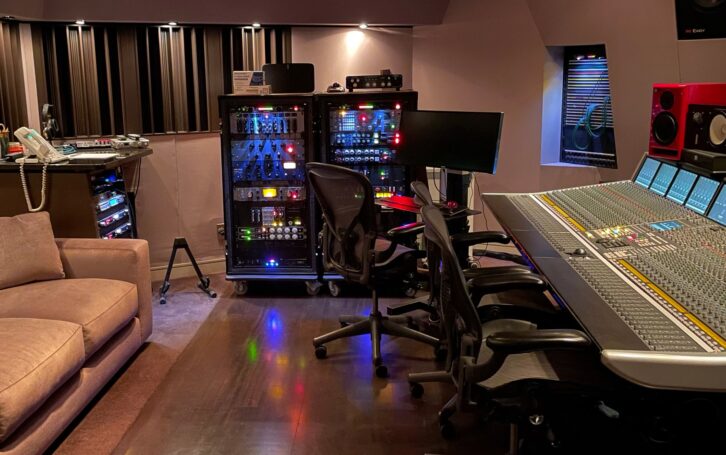
It hasn’t always been easy, as he would be the first to tell you, but over time, Germano Studios developed a client list that includes artists like Joan Jett, Kendrick Lamar, The Rolling Stones, J Balvin, Post Malone, Lady Gaga, Mark Ronson, Joe Bonamassa, A$AP Ferg, Slick Rick, Dove Cameron and so many others across multiple music genres. Many, if not most of them, are repeat visitors. It’s said to be the only place where Keith Richards will record when in the States. Same for Joan Jett. So, again, why change the name?
Mix Blog: Go Inside the Rolling Stones Mobile Studio
To anyone working in the professional recording industry, it makes perfect sense. Recording studios aren’t like other spaces or other brands. Why one is successful and another one down the street isn’t, with all things being equal, comes down to words like vibe, comfort, service, confidence, trust, care and, perhaps most importantly, relationships. That’s why studios such as Motown, Abbey Road, Capitol, Record Plant, and today places like Blackbird in Nashville, carry that mystique.
From the late-1970s through the early 2000s, few, if any, studios in the world could match the creative and commercial success coming out of The Hit Factory, and Troy Germano was there every step of the way. From his perspective, hanging the signs last month announcing the rebirth of The Hit Factory was the equivalent of bringing back the family name—one that should never have been lost in the first place.
A BIT OF HISTORY
By all accounts, Eddie Germano, a producer, singer, entrepreneur and Troy’s father, was a charismatic, welcoming, only-in-New-York, larger-than-life individual. In 1975, while a part owner and day-to-day manager of the hottest studio in town, Record Plant, he decided to go solo and purchased the two-room Hit Factory studios on 353 W. 48th Street from Jerry Ragavoy. He redesigned the spaces, added a third room, and hosted historic sessions from the likes of Stevie Wonder (Songs in the Key of Life), Paul Simon (One Trick Pony), Talking Heads (Fear of Music) and David Bowie (Station to Station), and many others.
In 1981, The Hit Factory relocated to 237 West 54th Street, across the street from Studio 54, and the talent followed: Graceland by Paul Simon, Born in the U.S.A. by Bruce Springsteen, Under a Blood Red Sky (U2), Steel Wheels (Rolling Stones), Up Your Alley (Joan Jett and the Blackhearts)—the list fills pages. Though Troy Germano had been in and around the studios since age 10, it was at this time that he became involved on the business side.
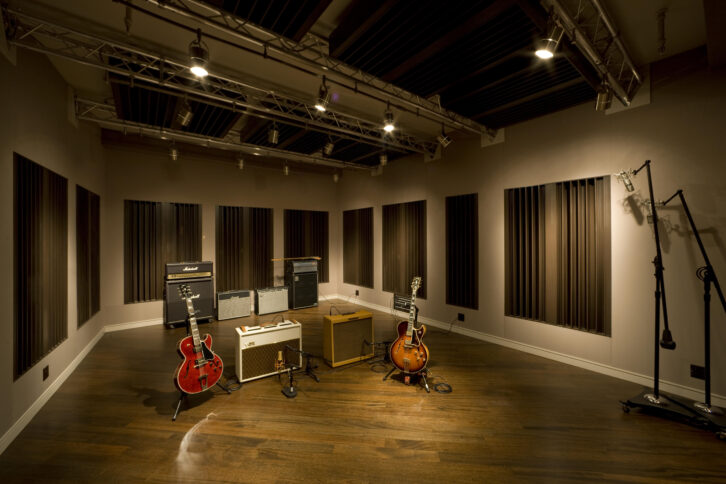
“He was always kind of more my older brother than he was my dad, and in that regard, there was a genuine bond,” Germano says. “He really went out of his way to teach me and show me what the music industry was about. I was 12 years old when he bought The Hit Factory, so from constantly being around various musicians and producers, and famous artists and bands, I understood the value of relationships at an early age.
“And that’s the fundamental ingredient that makes studios work,” he continues. “It’s the relationship with not just the engineer or the producer or the songwriter. It’s a relationship with the actual artists in the band, as well as the record labels and the attorneys and the A&R people. It’s a community, it’s an entire ecosystem, and it needs to be maintained constantly. My dad taught me that.”
Eddie and Troy would go on to open a Hit Factory Times Square location, move the main operations to a seven-studio (plus five mastering rooms) complex at 421 W. 54th Street, open Hit Factory London and purchase Criteria Studios in Miami at the dawn of the South Florida boom in hip-hop production. Engineer/producer/record exec Thom Panunzio has worked in them all.
